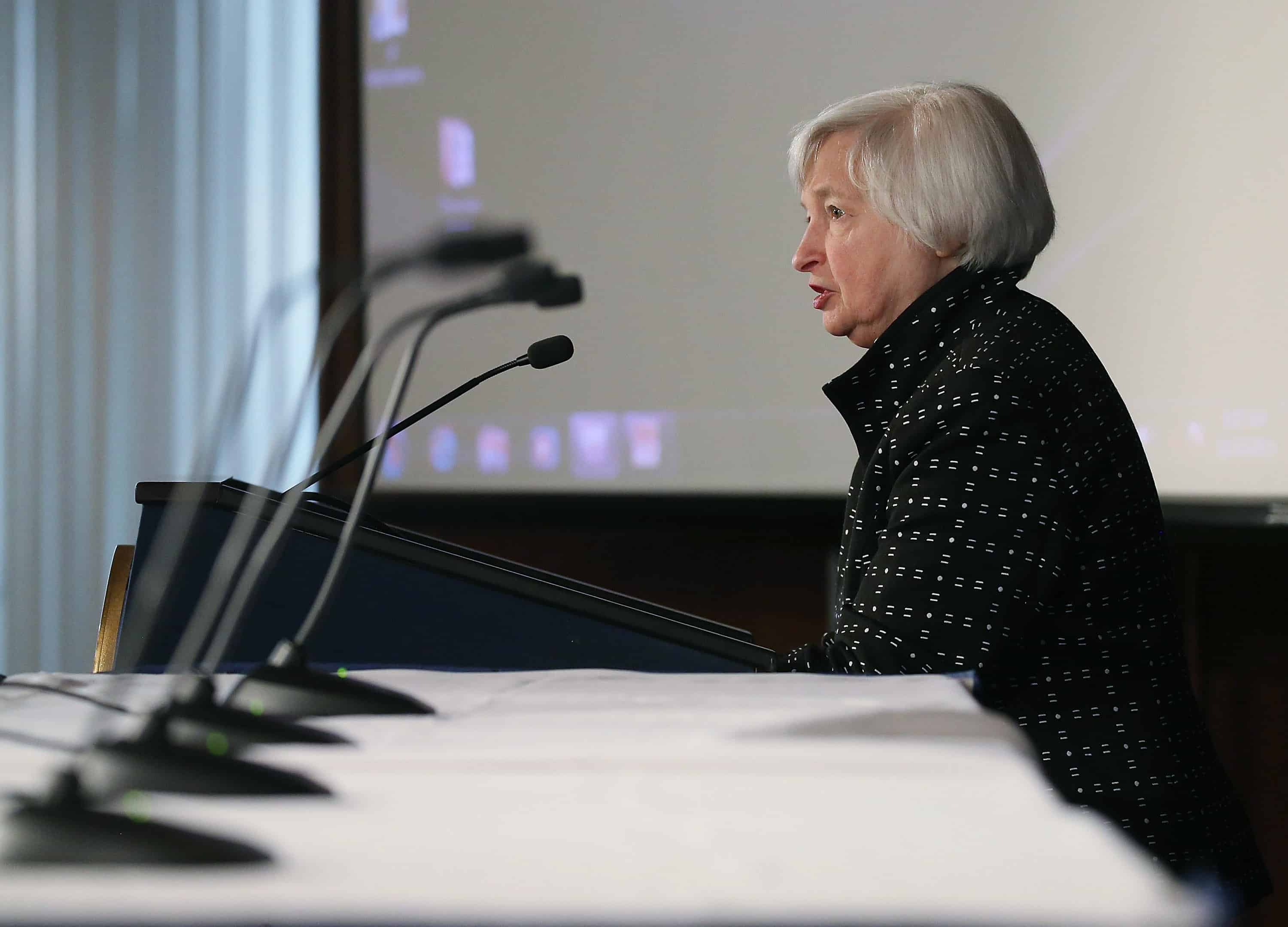Whenever the Federal Reserve does start raising interest rates – whether this week, as seems likely, or next year – the biggest question will be whether the Fed eventually ends up back where it started – at zero.
That, after all, is what has happened to every other country that has tried to “lift off” from what economists call “the zero lower bound.” The simple story is that central bankers, who pride themselves on choosing the hard right over the easy inflationary wrong, tend to look for any excuse to end zero interest rates, even if they have to invent one. But raising rates before the economy is ready means you will have to cut them back down to zero in rather short order – which has been the case in Europe, Japan, Sweden and Israel. And it might happen here, considering the Fed looks like it’s going to start increasing interest rates even though inflation is far below its 2 percent target and isn’t really rising.
But even if it doesn’t, the Fed still might find itself back at zero in just a few years. That’s because the central bank thinks the aftereffects of the financial crisis have made the economy susceptible to slowing down at interest rates above 2 percent, instead of the previous 4 percent. And since the Fed usually needs to cut rates by four or five percentage points to fight a recession, simple math tells us there’s a good chance interest rates will end up at zero whenever that is. If it does, the Fed will have to rethink how it does things.
It’s harder for the Fed to do its job when interest rates are zero. Sure, it can buy bonds with newly printed money, promise not to raise rates for a long time, or even, as other countries have shown, cut rates ever so slightly into negative territory. But none of those work as well as a regular old rate cut. That’s why a central bank that’s been forced to reduce rates down to zero is one that probably has more unemployment and less inflation than it wants. That bank has used up its best tool for getting the economy moving again, leaving it no choice but to turn to less effective options. So a future where zero interest rates are a recurring phenomenon would be one where both recessions and recoveries are nasty, brutish, and take too long.
The Fed thinks it can avoid this fate, and maybe it can. It has done a better job than almost every other central bank since the crisis hit. But that’s the point. If even the Fed can’t lift off without crashing back down to zero, the bank needs more than better policy – it needs a better target. Boston Fed President Eric Rosengren, for one, thinks the Fed would have to seriously consider increasing its inflation target if it returns to the lower zero bound next recession. That would require higher interest rates to keep higher inflation in check, which, in turn, would give the bank the room it needs to later cut rates without getting too close to zero.
There’s some question whether the Fed could just create as much inflation as it wants, but Japan, at least, shows that a determined central bank can indeed push it up, albeit at a plodding pace.
In other words, this might be the Fed’s only chance of returning to normalcy. Maybe it can get us back to the economic nirvana of good growth, shallow slumps, and 2 percent inflation. But maybe not. It is possible that the financial crisis has changed things forever. The Fed might find out that it has to choose between longer recessions and higher inflation. That, then, is what’s really at stake when the central bank starts increasing interest rates in the near future. Is this the beginning of the end of the crisis era or the end of the end of the pre-crisis one?
It depends on whether we ever hear the words “zero interest rates” again.
© 2015, The Washington Post






